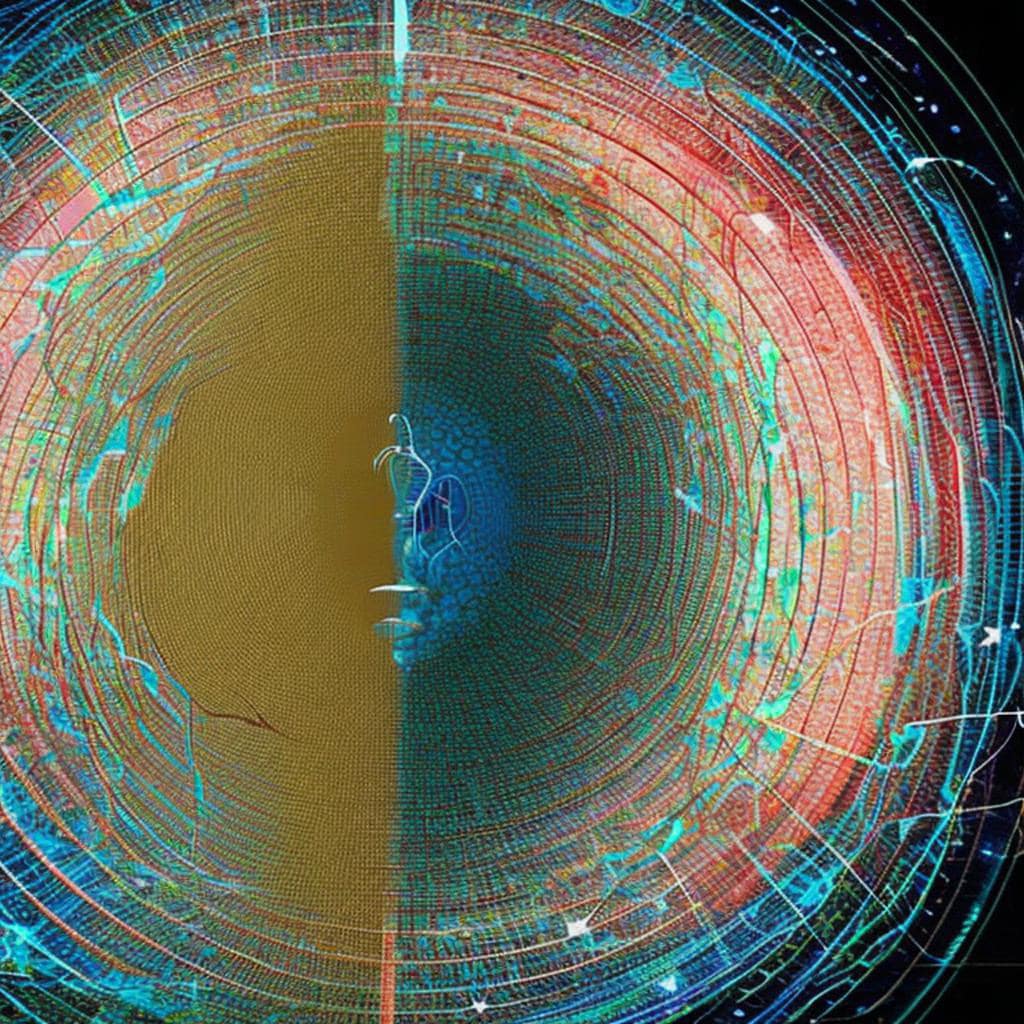Moral
Moral refers to principles or standards of behavior that are considered right or wrong in a particular society or context. Morality is often shaped by cultural, religious, philosophical, and individual beliefs, and it serves as a guide for determining what is ethical and justifiable in various situations.
Moral principles help individuals and societies make decisions about how to interact with others, what actions are considered virtuous or acceptable, and what actions are deemed unethical or immoral. These principles can vary significantly from one culture or belief system to another, and what is considered moral in one context may not be viewed the same way in another.
Some common moral principles and values include honesty, integrity, fairness, compassion, empathy, respect for others’ rights, and the avoidance of harm or suffering. Ethical theories and philosophies, such as utilitarianism, deontology, and virtue ethics, provide frameworks for analyzing and evaluating moral dilemmas and ethical decision-making.
Moral values and principles can be subjective and can evolve over time as societies and individuals change. Different people and cultures may have different perspectives on what is moral, leading to ethical debates and discussions in various fields, including philosophy, ethics, and law.
Morality
Morality refers to the collective system of principles, values, and beliefs that guide and inform individual and societal judgments about what is right and wrong. It encompasses the set of rules or guidelines that dictate human behavior in moral or ethical terms. Morality plays a crucial role in shaping the behavior, choices, and interactions of individuals and communities.
Some key aspects and characteristics of morality
- Subjectivity: Morality is often subjective, meaning that what one person or group considers moral, another may view differently. Different cultures, religions, and philosophical traditions have their own moral frameworks and standards.
- Normative Ethics: Morality is often studied in the field of ethics, particularly normative ethics, which deals with questions about how people ought to behave and what principles should guide their actions.
- Universal vs. Cultural Morality: There is a debate about whether there are universal moral principles that apply to all humans regardless of culture or context. Some argue for cultural relativism, suggesting that morality is determined by cultural norms and beliefs, while others believe in universal moral principles.
- Moral Dilemmas: Moral dilemmas arise when individuals or groups face situations where there is a conflict between competing moral principles or values. Resolving these dilemmas often requires careful ethical analysis and decision-making.
- Evolution of Morality: Morality can evolve over time as societies change and adapt. What was considered morally acceptable in the past may be viewed differently today due to shifts in social norms and values.
- Ethical Theories: Various ethical theories, such as utilitarianism, deontology, virtue ethics, and relativism, provide frameworks for understanding and evaluating moral issues and dilemmas.
- Moral Education: Many societies place importance on moral education, aiming to instill ethical values and principles in individuals from a young age.
- Laws and Morality: Laws often reflect a society’s moral values and can be influenced by them. However, not all immoral actions are illegal, and not all illegal actions are considered immoral.
- Individual vs. Collective Morality: Morality can apply at both the individual and collective levels. Individuals make moral choices in their personal lives, while societies and institutions make collective moral judgments and decisions.
Morality is a complex and multifaceted concept that plays a significant role in human society, guiding behavior, influencing laws and institutions, and shaping the way people interact with one another. It is a subject of ongoing philosophical, ethical, and cultural discussions and debates.
Table summarizing the key differences between “Moral” and “Morality“
| Aspect | Moral | Morality |
| Definition | Refers to individual or personal | Refers to collective principles, |
| principles or standards of behavior | values, and beliefs that guide | |
| that are considered right or wrong | judgments about what is right and | |
| in a specific context. | wrong in a society or context. | |
| Subjectivity | Can be subjective, varying | Often subjective, influenced by |
| between individuals. | cultural, religious, and philosophical beliefs. | |
| Scope | Typically applies to individual | Applies to both individual and |
| behavior and personal choices. | collective behavior and societal norms. | |
| Normative Ethics | Falls under normative ethics, | A subfield of ethics, specifically |
| concerned with how people ought | normative ethics, explores questions | |
| to behave. | of how people should behave morally. | |
| Universal vs. | May or may not adhere to | May encompass universal moral |
| Cultural Morality | universal principles, depending on | principles or be shaped by cultural |
| individual beliefs. | norms and values. | |
| Moral Dilemmas | Individual moral dilemmas often | Collective and individual moral |
| involve personal choices and | dilemmas may involve conflicts | |
| ethical decisions. | between competing values or principles. | |
| Evolution | Can change over time as personal | Evolves over time as societies |
| beliefs and values evolve. | change and adapt. | |
| Ethical Theories | May not always be explicitly | Often studied within the context of |
| connected to ethical theories. | various ethical theories. | |
| Focus | Primarily concerns individual | Concerns both individual and societal |
| behavior. | behavior and decision-making. | |
| Laws and Morality | Not always aligned with legal | Laws often reflect moral values, but |
| standards; some immoral actions | not all immoral actions are illegal, | |
| may not be illegal. | and not all illegal actions are | |
| considered immoral. | ||
| Education | May involve personal moral | Societies often emphasize moral |
| education and development. | education and values from a young age. | |
| Individual vs. | Pertains to individual choices | Pertains to collective principles and |
| Collective Morality | and actions. | societal norms. |
While this table highlights the key distinctions between “Moral” (individual) and “Morality” (collective), these concepts are interconnected and often influence each other. Morality is, in part, shaped by the morals of individuals within a society.
Shop Corner
Moral and morality on Amazon
Thank you for questions, shares and comments!
Share your thoughts or questions in the comments below!
Source OpenAI’s GPT language models, Fleeky, MIB, & Picsart






